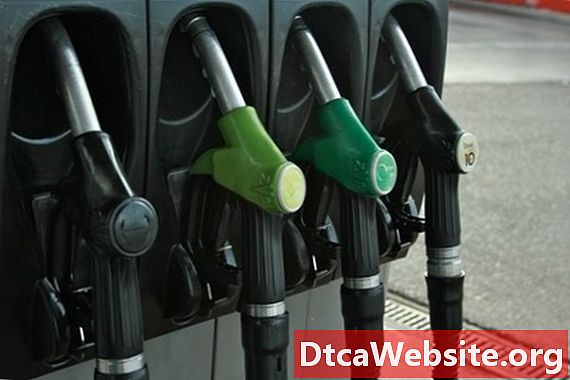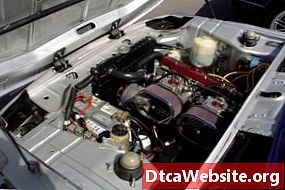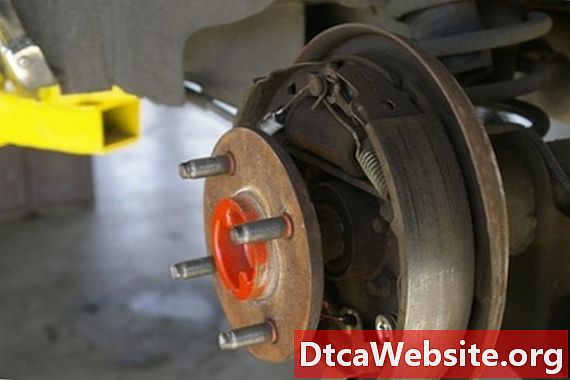
Contenu

A fact of life is that everything degrades as it ages and gasoline is no exception. How long your gas lasts depends on how you store it and whats in it. According to the National Motorists Association, the shelf life of gas can vary from several years to a few months. If your gas smells sour and its darker than fresh fuel, its not worth the risk of using it. Heres what might happen if you do.
Evaporation
The first thing to expect as your gas gets old is evaporation. Gas is a highly volatile brew of chemicals and the more volatile ones help to vaporize your gas for better combustion. These volatile chemicals are lighter than the rest so they evaporate first and make your gas heavier. Heavy gas doesnt vaporize completely so its harder to ignite. Youll notice it as soon as you turn the key--your car will take longer to start, and it might even sputter or stall. Youll also have poor fuel economy and less power when you get on the road. You can live with these problems since theyll sort themselves out when you refill the tank and start running fresh gas through the engine.
Oxidation
As your gas reacts with the air around it, a process called oxidation begins. Oxidation is a reaction between the hydrocarbons in your fuel and the oxygen in your tank. This reaction creates new chemical compounds that gradually change the chemical composition of your gas. The telltale signs are a sour odor and color changes, and the damage to your engine can be significant. Oxidized gas can leave gum and varnish deposits all over your fuel system, coating your carburetor (if you have an older car) or plugging your fuel injectors. It can also block fuel lines, clog your filter and drastically decrease your engines performance, if it runs at all. Since its a real chore and a major expense to remove these deposits, you should drain your tank and refill it with fresh gas if oxidation is likely.
Contamination
When gas sits in your tank for a long time, temperature changes can cause condensation to contaminate the fuel and pull alcohol out of it. This condensation can internally rust your fuel lines and tank and even force you to replace them. Rust scales can also fall into the gas, fouling your filter or fuel pump. During the winter, contamination from condensed water can cause even more problems by freezing your gas lines and stopping your engine. Bacteria have also been known to breed in condensed water where old gas is stored.


